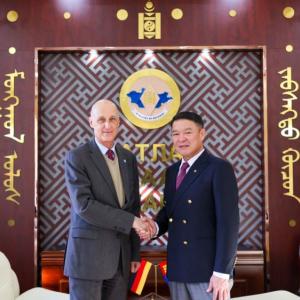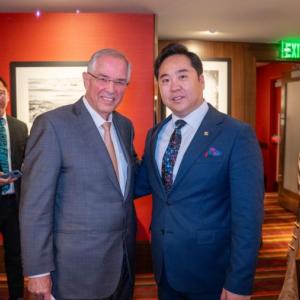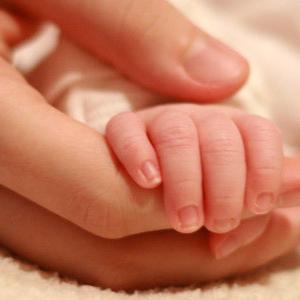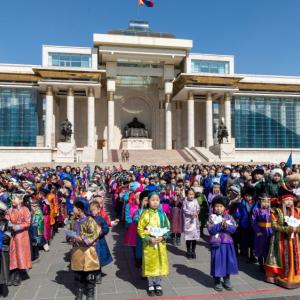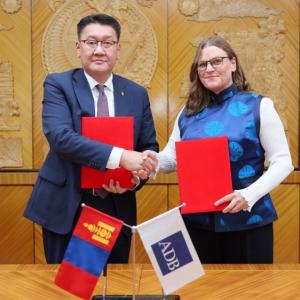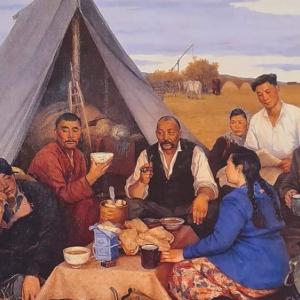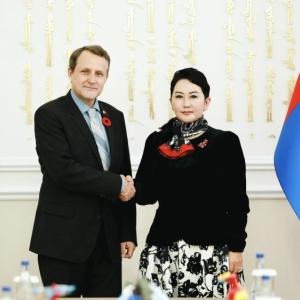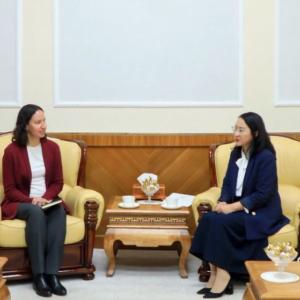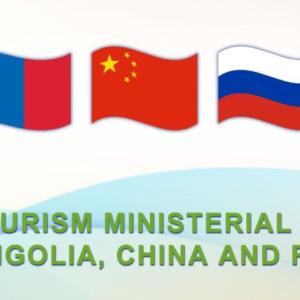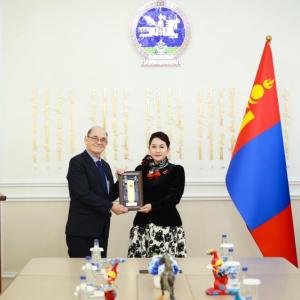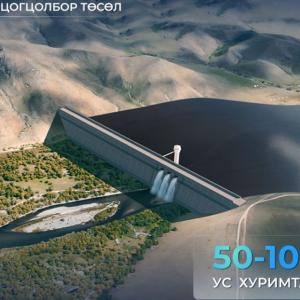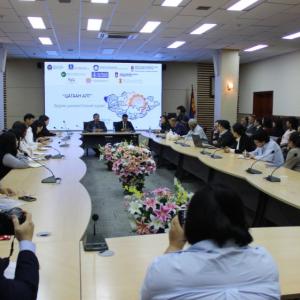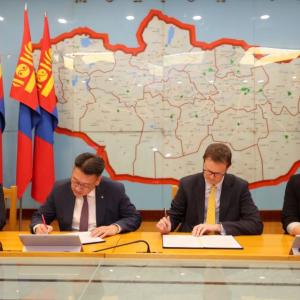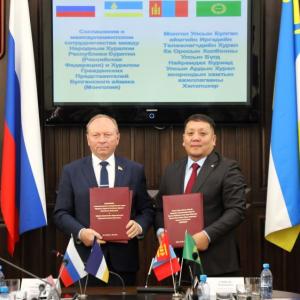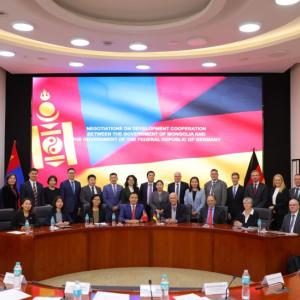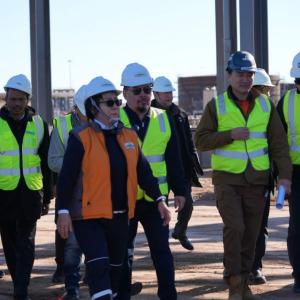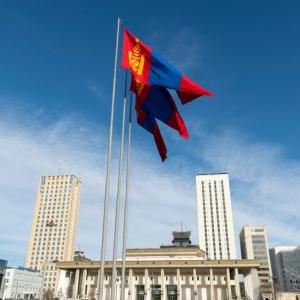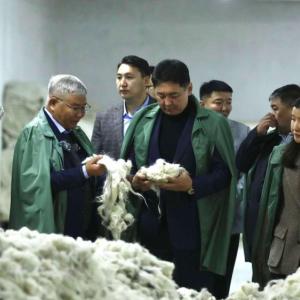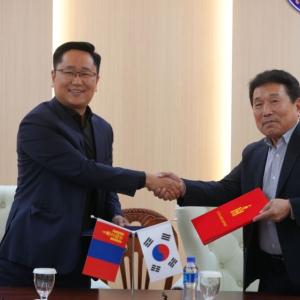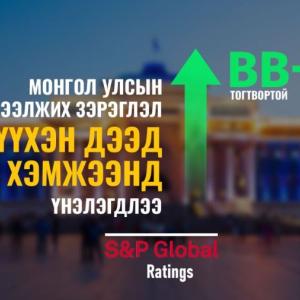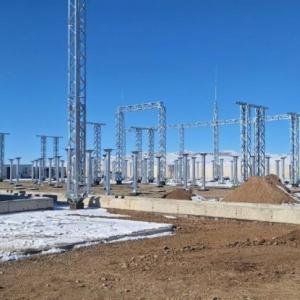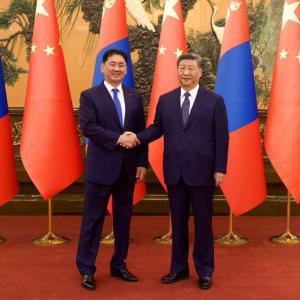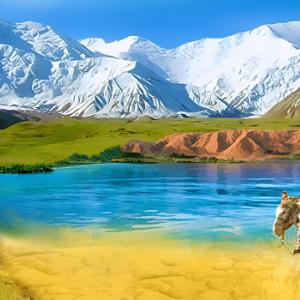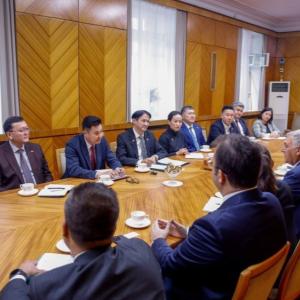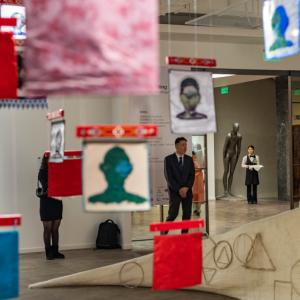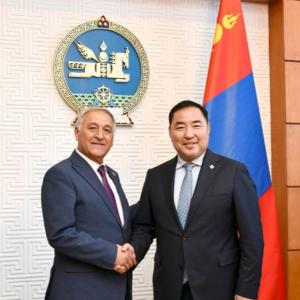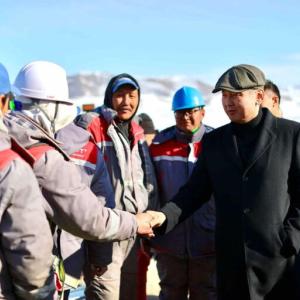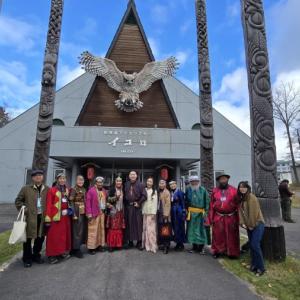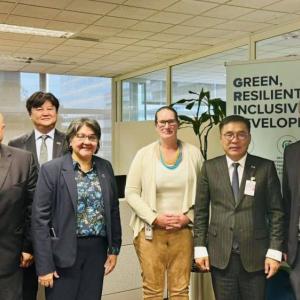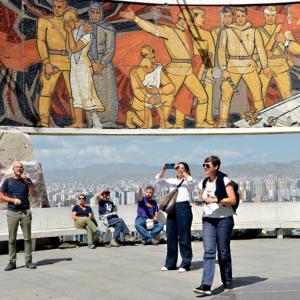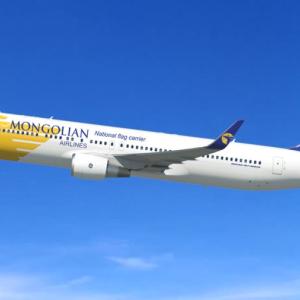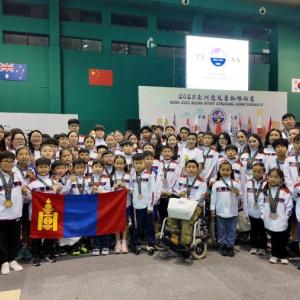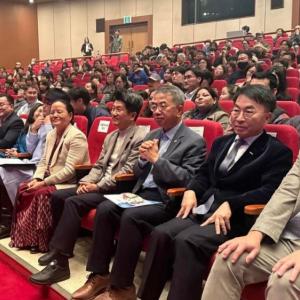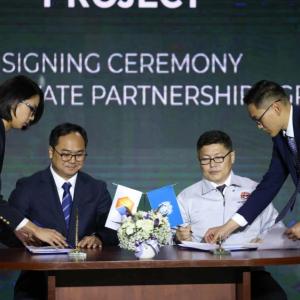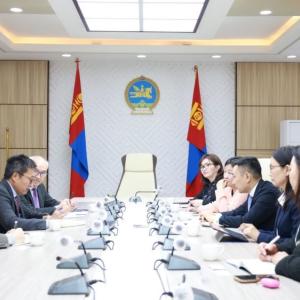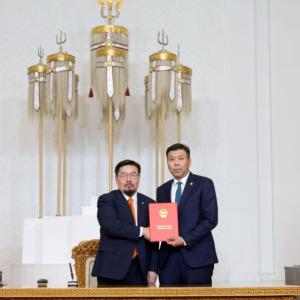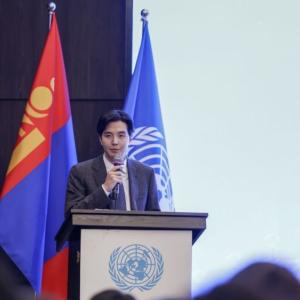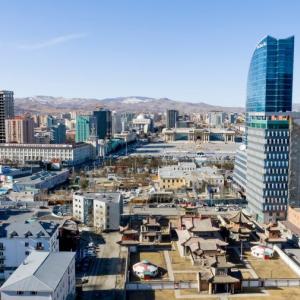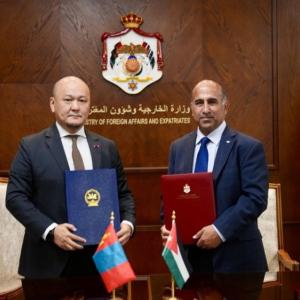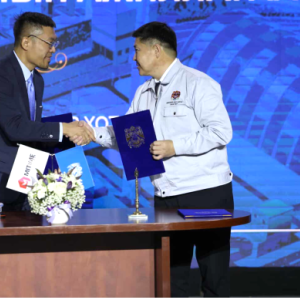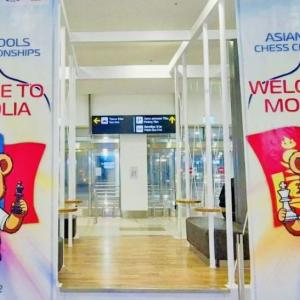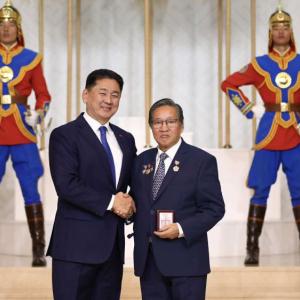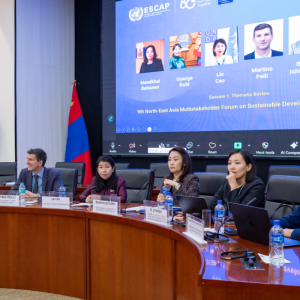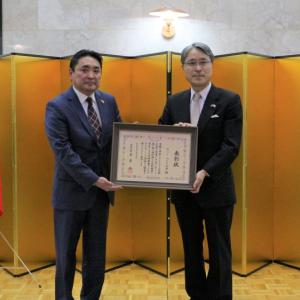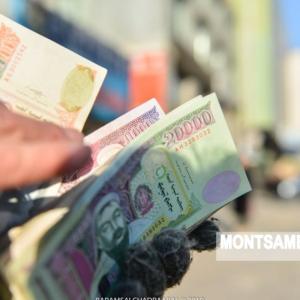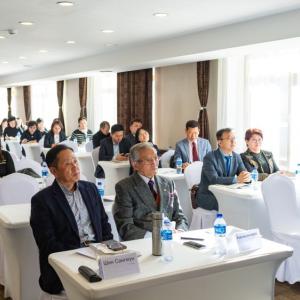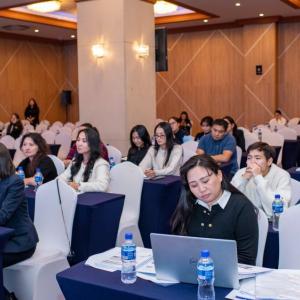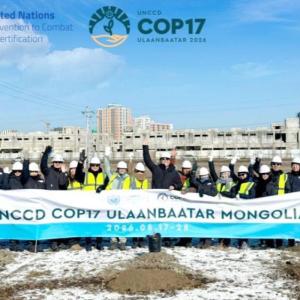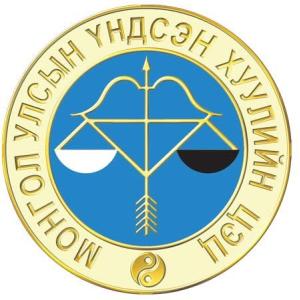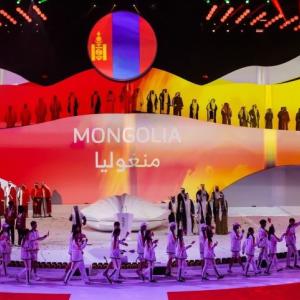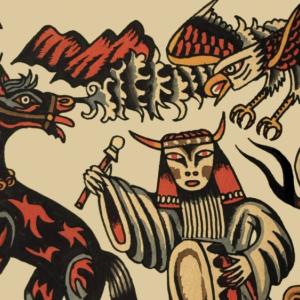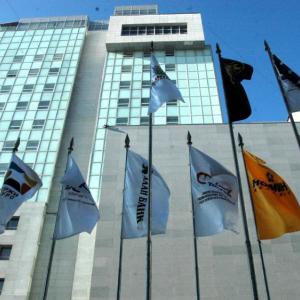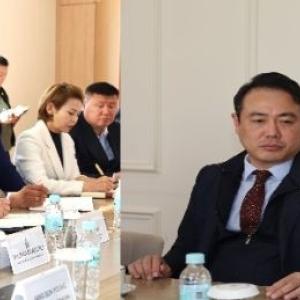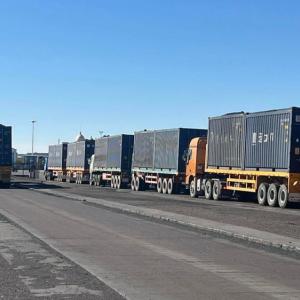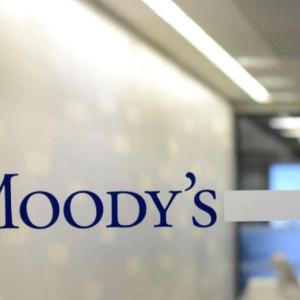Discussion takes place on developing innovation and possible solutions
Economy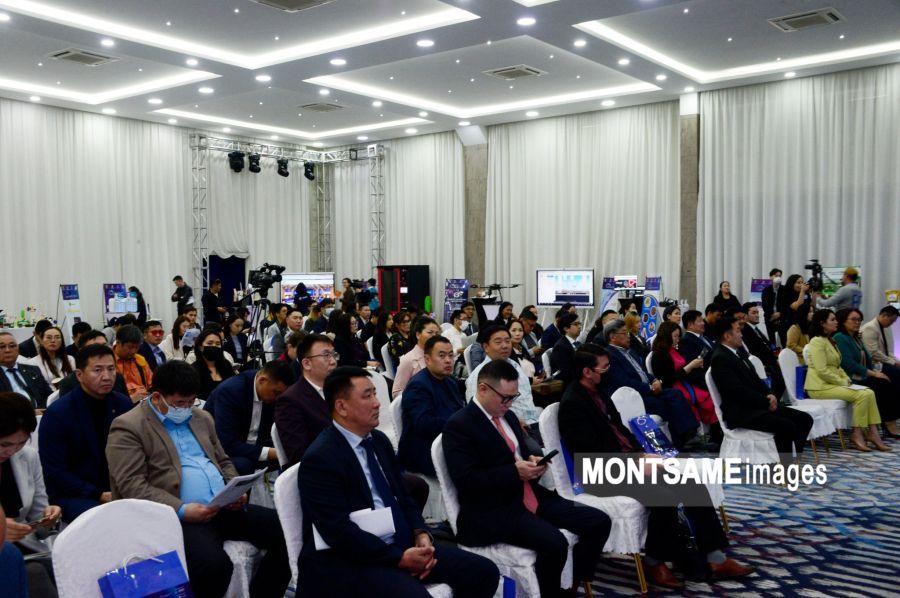
Ulaanbaatar /MONTSAME/. On May 5, a forum took place on opportunities to develop innovation in the capital city’s SME and services sector, and possible solutions.
In his opening remarks, President of the Mongolian National Chamber of Commerce and Industry O.Amartuvshin said, “Due to the pandemic in the last two years, factors such as strict lockdowns, international situation, disruptions in commodity supply, and rise in the prices of commodities had a negative impact on our country’s economy. Although the current international crisis may cause more difficulties, we are putting in all our efforts into works.”
Co-organized by the Governor’s Office of the Capital City, the Small and Medium Enterprise and Service Support Center of Ulaanbaatar city, and the National Information Technology Park, the forum was attended by representatives of SMEs and services. During the event, they held discussions on creating innovative ideas, financial models, and demand aside from exchanging information. Presentations were done on using VR and AR technology in the sectors of education and culture, a project on vending machines that purchase waste for recycling, and the opportunity to introduce organic fertilizers made with wool into practice.
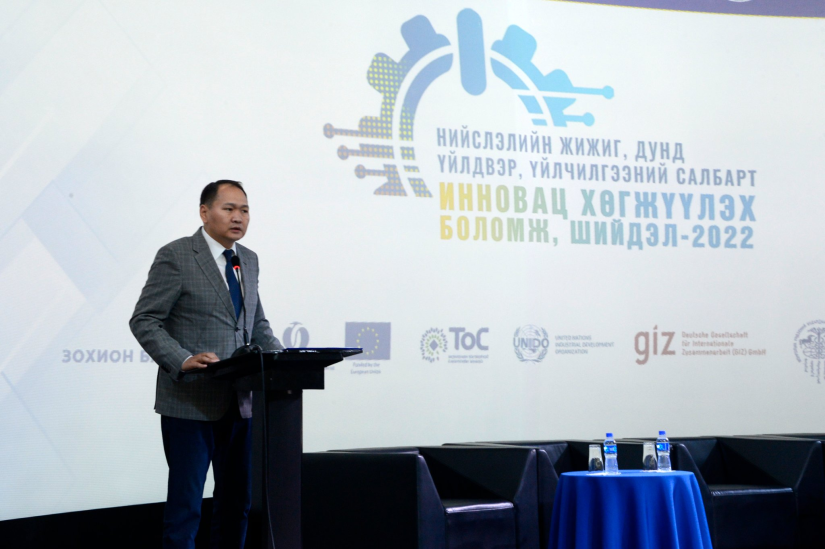
While there were 171 thousand registered companies in 2021, only about 57 thousand are currently running active operations according to the National Statistics Office of Mongolia.
Noting that the figure shows how the SMEs in Mongolia had to overcome many challenges, the MNCCI President highlighted that a study carried out by the Chamber has found that the operations of over 80 percent of SMEs and services have been put at risk. Thus, we are focusing on enhancing the legal environment of SMEs and creating a more favorable business environment by cooperating with public and private organizations.
In the framework of the European Union funded "Trade Related Assistance for Mongolia" (EU TRAM) project, six clusters are successfully being implemented in order to export domestically made products with distinct features. For instance, cosmetics products have recently begun to be exported to Germany.
 Ulaanbaatar
Ulaanbaatar







